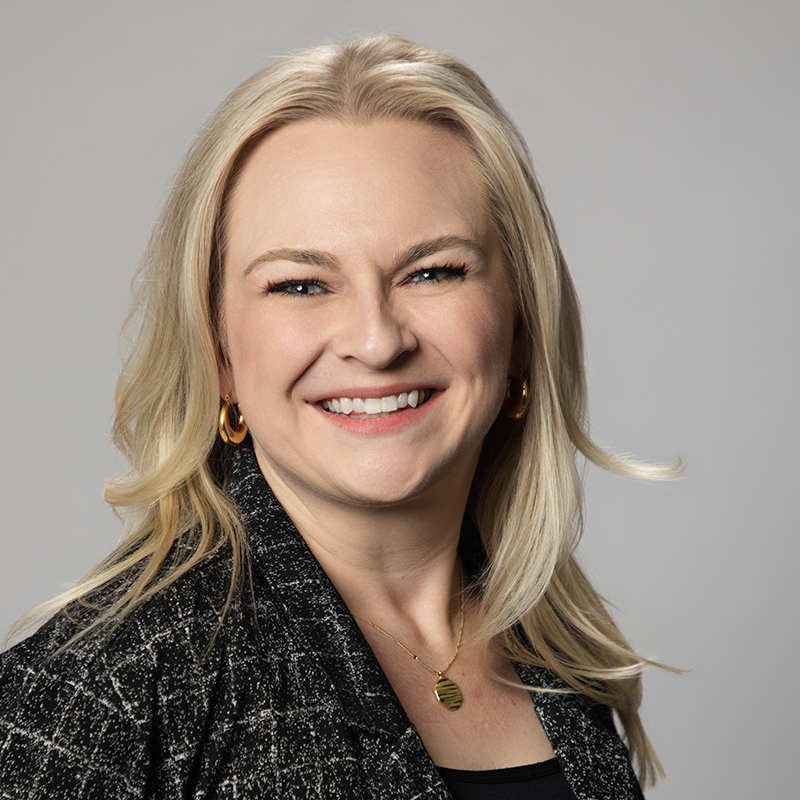Uncompensated Care Frequently Asked Questions from Office Ally

Uncompensated care encompasses medical services provided by healthcare providers that are not paid for by the patient or reimbursed by insurance. This situation often arises from patients' financial inability to cover their healthcare costs, leaving hospitals and providers to absorb these expenses.
Healthcare administrators and providers must understand uncompensated care. It's the only way to deliver quality care while managing financial stability. We want to help you find answers to some of the most common questions on uncompensated care and the overall management of self-pay patients. We hope this will lead to a better understanding of uncompensated care and its implications for healthcare.
Who Pays for Uncompensated Care?
While it’s easy to say the hospital absorbs the revenue loss from uncompensated care, the reality is more nuanced. Understanding where the financial burden truly lands is critical for revenue cycle leaders.
Here’s a strategic breakdown of who really covers the cost when care goes unpaid.
- Hospitals: Whether it’s proactively written off as charity or aged into bad debt, uncompensated care eats into operating margin. Nonprofit and safety-net hospitals often carry the heaviest load, especially in high-uninsured or underinsured regions.
- Government Programs: Federal programs like Medicaid DSH payments offer some offset for hospitals that serve a disproportionate share of low-income payments. Some state and local subsidies help support uncompensated care at public hospitals
- Donors and Foundations: Philanthropic contribution and health system foundations sometimes fund care for uninsured patients.
What is Hospital Charity Care?
Hospital charity care refers to free or discounted health services. Patients can receive these services if they cannot pay and meet the hospital's financial criteria. This form of care is part of a hospital's commitment to community service. It ensures that low-income individuals receive necessary medical treatment even if they can't pay.
Be sure to note that "charity care" is widely considered an outdated term. Many providers have phased out "charity" in their forms, policies and descriptions of their programs and offerings. Therefore, the term will be replaced with the more accurate "medical financial assistance" for the rest of this blog.
What Is The Role Of Medical Financial Assistance Within The Scope of Uncompensated Care?
Hospitals classify write-offs under medical financial assistance, a category of uncompensated care. This involves providing services without expecting payment to patients who qualify based on financial need. Unlike bad debt, where hospitals expect payment for services that remain unpaid, medical financial assistance involves placing past-due debt into this category to resolve it. Hospitals may still bill some accounts receiving medical financial assistance through private insurance, but these are not considered bad debt.
How Can You Calculate Uncompensated Care Costs?
Methods to calculate uncompensated care costs differ by hospital. In general, hospitals sum the costs of medical financial assistance and bad debt. Hospitals can multiply this sum by their cost-to-charge ratio for a more accurate number. This figure represents total expenses in relation to gross operating revenue.
How Can I Distinguish Bad Debt & Financial Assistance?
Bad debt arises when a patient is billed for services provided but fails to pay, even though they have the financial means to do so. They do not qualify for any sort of assistance. Financial assistance, or medical financial assistance, is provided in certain circumstances. Patients can receive assistance when they can't pay for the services due to financial hardship. They also must be eligible for help under the hospital’s medical financial assistance policy. Proper documentation and patient screening are essential to differentiate between the two.
How Can Medicaid & Medicare Underpayments Play Into Uncompensated Care Costs?
Medicaid and Medicare often reimburse hospitals at rates lower than the cost of care provided. However, this difference is not considered when calculating uncompensated care costs. Uncompensated care does not arise from billing an account with insurance. This is true whether coverage is from a private or government-sponsored payer.
But, this does not mean Medicaid and Medicare underpayments should be dismissed. Underpayment revenue recovery is simply another challenge taking place at a different point in the revenue cycle. Underpayments can add up and impact a hospital’s bottom line, affecting the quality and types of service they can provide. Office Ally offers a Medicare Underpayment Recovery tool to combat Medicare underpayments.
What Are Some Best Practices For Documenting Uncompensated Care?
Best practices for documenting uncompensated care include:
- Establishing and maintaining clear medical financial debt policies. These should help identify and record medical financial assistance and bad debt.
- Training staff regularly on documentation procedures and the importance of accurate reporting.
- Utilizing electronic health records (EHR) and financial systems. These tools help track and report uncompensated care accurately.
- Establish an internal audit schedule to monitor your compliance with internal policies and external regulations constantly.
- Reporting uncompensated care transparently to stakeholders and regulatory bodies.
To Help Reduce Uncompensated Care Costs, How Can Providers Identify Patients Who Might Need Financial Assistance?
Proactivity is key to reducing uncompensated care. Providers must understand which patients may require financial assistance. It saves time and effort sending medical bills and seeking alternate forms of payment down the road. Providers can identify patients who might need financial assistance through:
- Screening patients for insurance coverage and financial need at the point of service.
- Screening patients after service using an insurance discovery tool.
- Utilizing data analytics to predict patients at high risk of non-payment.
- Offering financial counseling. This service assesses patients’ ability to pay and assists with financial assistance applications.
- Collaborating with community organizations to reach uninsured or underinsured populations. Awareness campaigns and presentations are a great place to start.
What Are The Current Reporting Requirements For Uncompensated Care?
Reporting requirements for uncompensated care vary by jurisdiction but typically include:
- Detailed documentation of medical financial assistance and bad debt expenses.
- Submission of annual financial reports to government agencies.
- Compliance with state and federal regulations. For example, those mandated by the Centers for Medicare & Medicaid Services (CMS).
- Participation in community benefit reporting for non-profit hospitals.
- Transparency in public reporting to stakeholders and the community.
The Centers for Medicare and Medicaid Services (CMS) has its own rules for reporting uncompensated care, last updated in 2022. Reporting becomes more complex with each update. It currently requires extensive paperwork with accurate and detailed patient data.
How Do Regulatory Changes Affect Trends In Uncompensated Care?
Aside from impacting reporting requirements, regulatory changes can affect trends in uncompensated care. Some effects include:
- Altering reimbursement rates
- Eligibility criteria for government programs
- Requirements for medical financial assistance.
Hospitals must know how to pivot and enact change quickly to follow new regulations.
For example, in 2024, the Protect Illinoisans from Unfair Medical Debt bill went into effect. It gave Illinois hospitals six months to comply with the new laws before facing consequences. Providers in Illinois had to quickly adapt to four new regulations designed to reduce consumer medical debt.
In the same year, New York hospitals faced major, State-mandated changes for financial assistance. These changes were enacted as part of the state’s health and mental hygiene budget legislation. The new rules targeted financial assistance programs and consumer protection around medical debt. They included even more key provisions and actions than Illinois’ new law.
Regulations like these are popping up constantly nationwide. They often require big operational changes with a fairly short timeline.
What Effect Does Uncompensated Care Have On A Healthcare Provider's Ability To Invest In New Technologies And Services?
Uncompensated care reduces a healthcare provider's financial resources. As a result, the provider can't invest in new technologies, infrastructure, services and trained staff. This financial strain makes it harder for hospitals to improve patient care. It creates a struggle to adopt innovative treatments and maintain a competitive advantage. Poor patient care leads to reduced patient outcomes and a hit to the hospital’s reputation. Managing and reducing uncompensated care is crucial for hospitals & healthcare organizations. It helps sustain financial health and supports growth and development initiatives.
How Can Financial Counseling Play A Role In Decreasing Uncompensated Care?
Financial counseling helps decrease uncompensated care and improve revenue recovery. It reduces the number of patients or accounts that end up as “self-pay” or uncompensated care. This occurs naturally through actions like:
- Assisting patients in understanding their medical bills and payment options.
- Helping patients apply for insurance coverage, medical financial assistance and financial assistance programs.
- Providing cost estimates.
- Identifying and addressing financial barriers to payment early in the care process.
- Reducing the incidence of bad debt by creating manageable payment plans or lines of credit.
Managing Uncompensated Care
Understanding and managing uncompensated care maintains healthcare organizations' financial health. One effective tool for this is Office Ally’s Insurance Discovery.
Get started today with your free, no-risk Insurance Discovery assessment from Office Ally. Click here for more information.







.svg)

.png)







